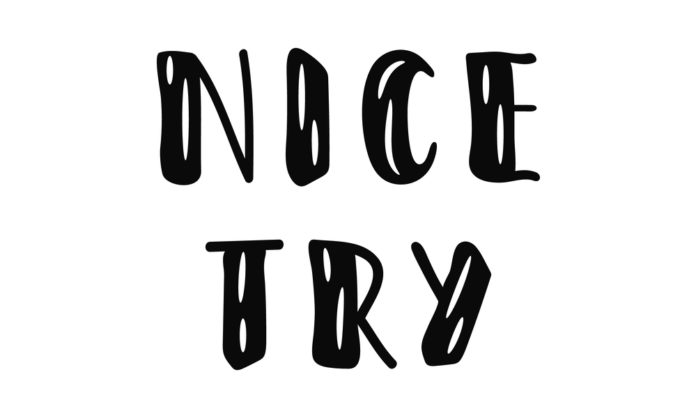Protest challenging the agency’s decision to set aside a procurement for small businesses is dismissed. The protester alleged that because this requirement had been previously set aside for SDVOSB’s, the agency had to seek SBA’s approval before opening it up to small businesses generally. In support of this argument, the protester relied on FAR and SBA regulations. But GAO noted that the protester’s argument referred to language that did not exist in those regulations. Because the argument was based on non-existent regulatory text, GAO found that the argument failed to state a valid basis of protest.
In 2017, the U.S. Geological Survey (USGS) awarded a contract to M&C Venture Group for the replacement of the surface in a parking lot. That 2017 contract was set aside for service-disabled, veteran owned businesses.
In 2021, USGS issued a solicitation seeking the replacement of deteriorated surfaces in the USGS parking lot. The 2021 RFP was set aside for small businesses generally.
M&C filed a protest alleging that because the 2017 requirement was awarded to an SDVOSB, USGS was required to seek approval from the SBA before issuing a new requirement as a small business set aside. In support of this argument M&C cited FAR 19.815 and an SBA regulations 13 C.F.R. § 124.504(d).
But GAO found that those regulations did not stand for the proposition for which M&C cited them. Those regulations apply exclusively to SBA’s 8(a) Business Development Program, not the SDVOSB program. Those regulations require an agency to seek approval from SBA when removing a requirement from the 8(a) program. M&C, however, had parenthetically inserted language that was not included in the regulations into a quote of those regulations.
Specifically, M&C had stated “[b]oth FAR 19.815 and 13 C.F.R. 124.504(d) state that when a procurement is awarded as an 8(a) (or other qualifying small business programs such as SDVOSB), its follow-on or renewable acquisition must remain in the program unless SBS agrees to release it.” GAO noted that the language inserted into this quote by M&C did not exist anywhere in the text of the regulations. Because M&C’s argument relied on non-existent language, GAO found that the argument failed to state a valid basis of protest.
M&C also argued that the USGS was required to set aside the procurement for SDVOSB’s under the “rule of two.”—i.e., that agencies must set aside procurements when there is a reasonable expectation of that two or more small businesses will submit offers. GAO noted that this argument appeared to conflate two “rules of two”. One derives from the Veterans Benefits, Health Care, and Information Technology Act of 2006. That rule requires the VA to set aside contracts for SDVOSBs when two or more SDVOSBs will submit offerors. But GAO reasoned that the rule is only binding on the VA, not USGS
The other is the small business “rule of two” set forth in FAR 19.502-2(b). This rule is part of long-standing regulatory policy to implement the Small Business Act. GAO found that this provision was inapposite. FAR 19.502-2(b) discusses whether to set aside a procurement for small businesses generally; it does not apply to the situation here—that is, whether the procurement should be set aside for a specific socioeconomic program like the SDVOSB program. This argument also did not state a valid basis of protest.
M&C is represented by Justin T. Huffman of Camardo Law Firm, PC. The government is represented by William B. Blake of the Department of the Interior and Edmund Bender of the Small Business Administration. GAO attorneys Emily R. O’Hara and Peter H. Tran participated in the preparation of the decision.




